#013 - The making of our ocean film 'The Map to Paradise’
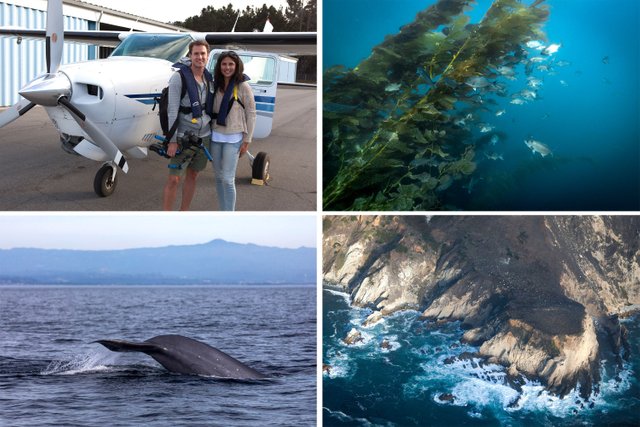
After a whirlwind trip through Hawaii (see our last blog), we arrived in California to attend the United Nations Association Film Festival in Palo Alto.
While we were there, we travelled to Monterey Bay to meet Michael Sutton, a conservation leader in California, fighting environmental battles in the shadows.
The first time we met Mike he took us flying in his Cessna.
We took off high above Monterey Bay on the Californian coast of the United States of America, which was once the largest fishery in the Western Hemisphere, accounting for 25 per cent of all the fish landed in the nation back in the 30s and 40s.
As we look out of the plane window, we realise that the story of this bay is a story that has been told many times before.
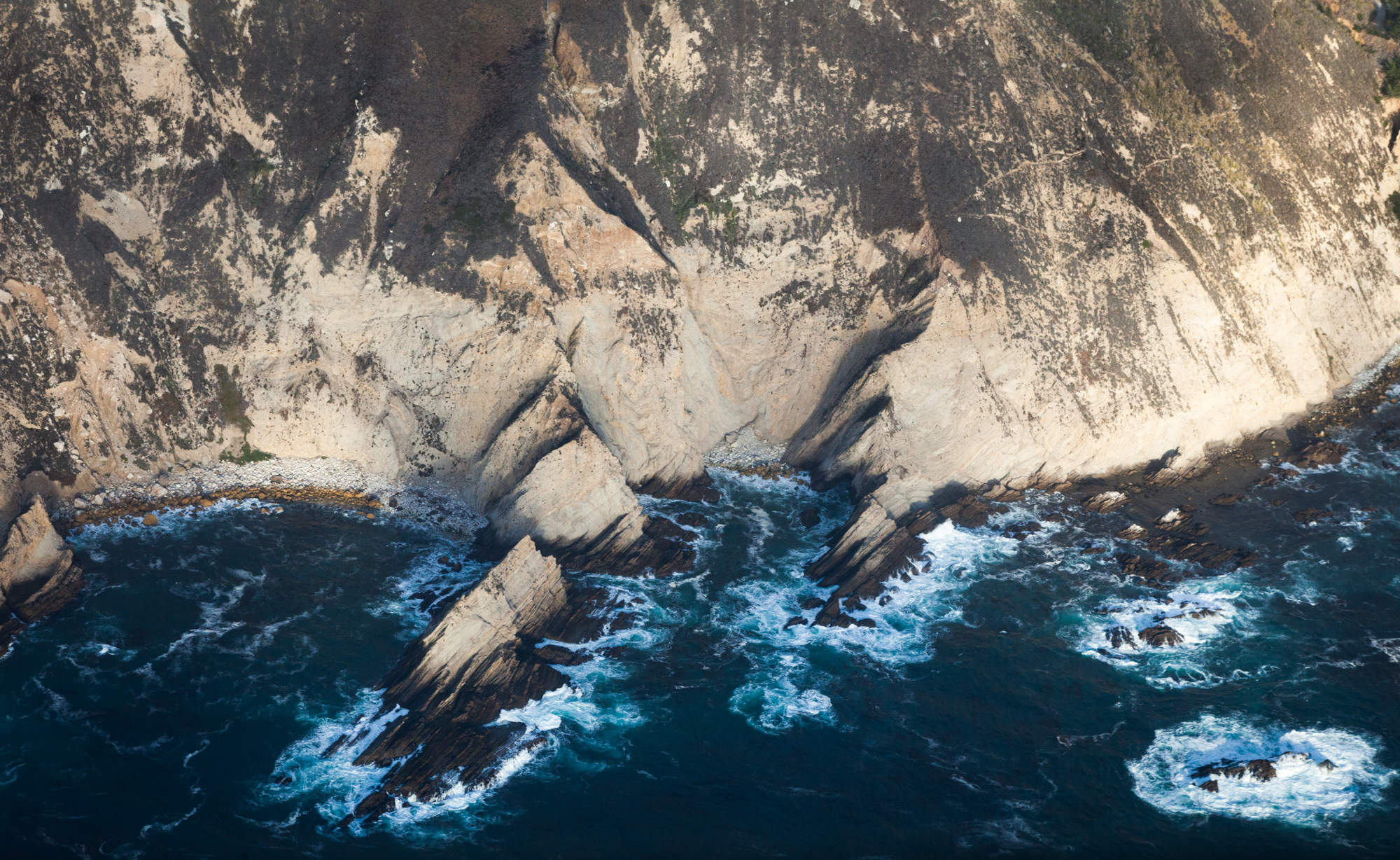
In Monterey Bay, it began in the 18th century. The first commercial fisheries were based on marine animals, such as sea otters, fur seals, sea lions and whales.
All of these sea creatures have suffered the intense pressure of exploitation; they were targeted for their furs and oils. The Northern Elephant Seal numbers plummeted to about 100 struggling for their species' future. While, in the 1950s, the sardine fishery collapsed.
It is easy to look out at the endless blue, the wild creatures playing within it, and yet fail to see the scars of our human impact.
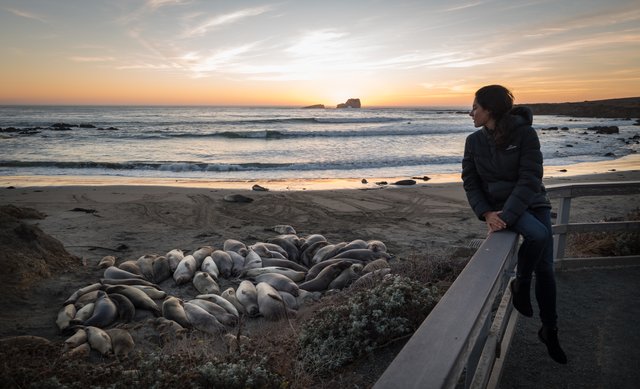
We were looking out of the window thinking about how the coastal waters of California had endured a rough past of loss and suffering, yet it felt extraordinary to be up in the air, sitting in the back of a plane, knowing that we were flying with a person who has played a big role in trying to mend old wounds.
It is October 2015, and we were yet to realise that we would develop a close bond with Mike, and that this was just the first of many adventures with him to come.
Mike is a unique character; he is passionate about showing people the world from a bird’s eye view, because he believes that gaining a different ‘physical’ perspective can change our ‘moral’ view entirely.
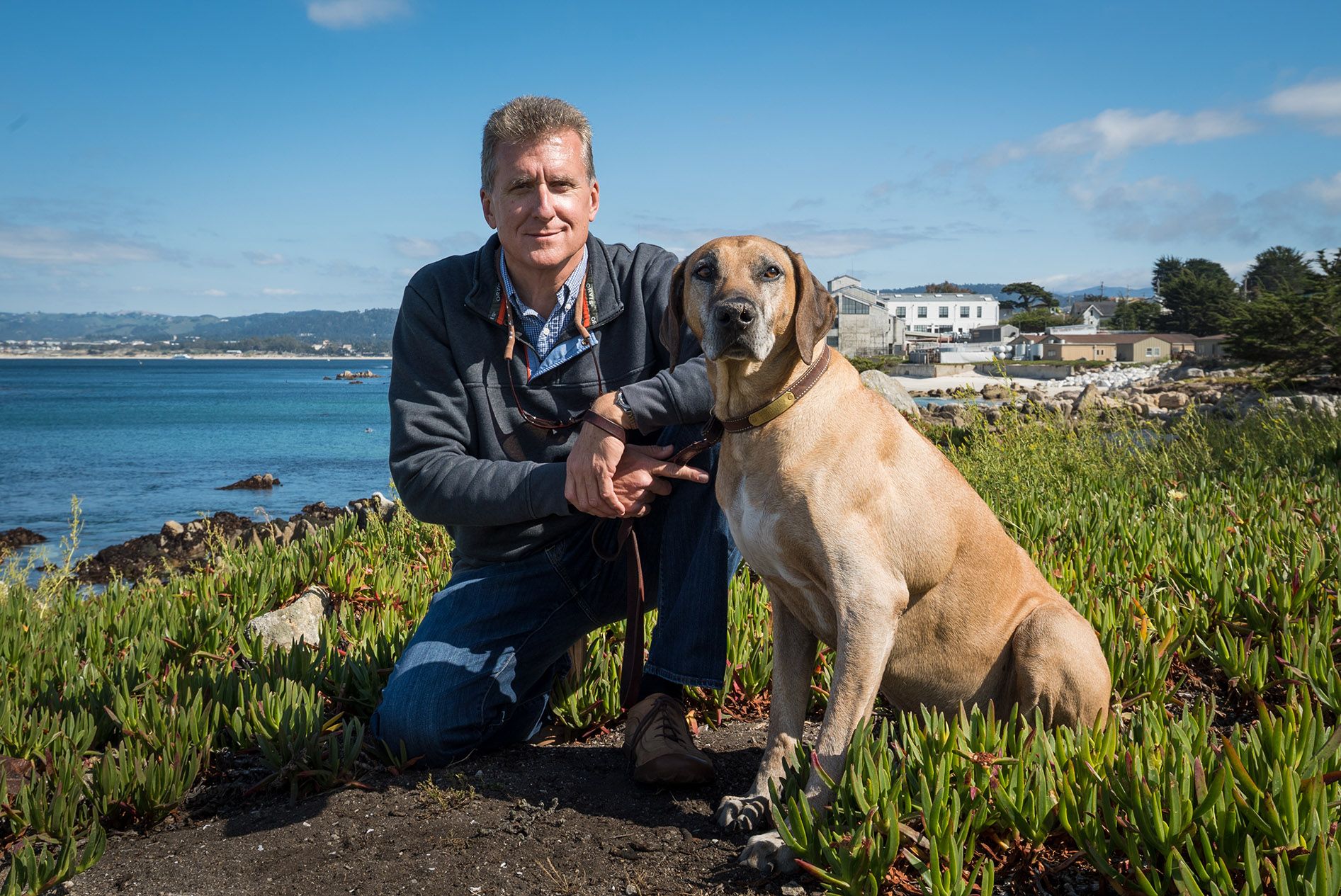
It’s a different way of looking, not just at the world, but at the make-up of who we are as people from the experiences we gain in our lifetime.
It is often said in Australia that our indigenous Traditional Owners saw the world from a bird’s eye view - that is how they were able to navigate and travel across Country. Indeed, in the past, we have been fortunate to speak with elders, who proudly convey their aerial perspective of the world through art and song.
Maybe the skills of these elders is a skill that many people once had, but as mainstream society has lost this over time - along with our senses and our connection to the horizon - perhaps we have lost our ability to navigate; to know our true potential as humans.
Perhaps, if we start looking out of our world at a different perspective, then just maybe we can get these skills back.
Up in the air, everything makes sense.
A bird’s eye view truly is the best way to see for yourself how the land is connected to the sea.
You can see what lies underneath the water - maybe a reef, or a kelp forest.
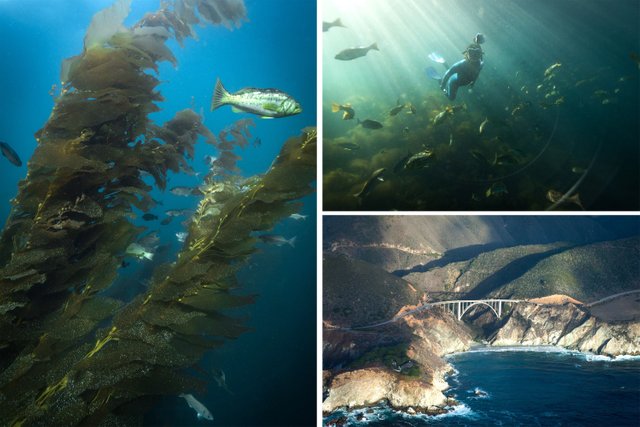
And, in terms of maps and planning for society’s future, of where you perhaps want to zone to protect a place like a kelp forest to keep it wild, you can see that space very clearly up in the air.
Mike’s obsession with gaining an aerial view is creative; it changes everything.
High above the Earth, we can see why, over the years, Mike has taken not just us, but many politicians, bureaucrats and journalists in his little one-engine Cessna.
He did it so he could convince the decision-makers and public just how special this place is; so he could convince them that it needed to be protected.
Mike has a deep pride in the way he cares for his Cessna and for his blue ocean home.
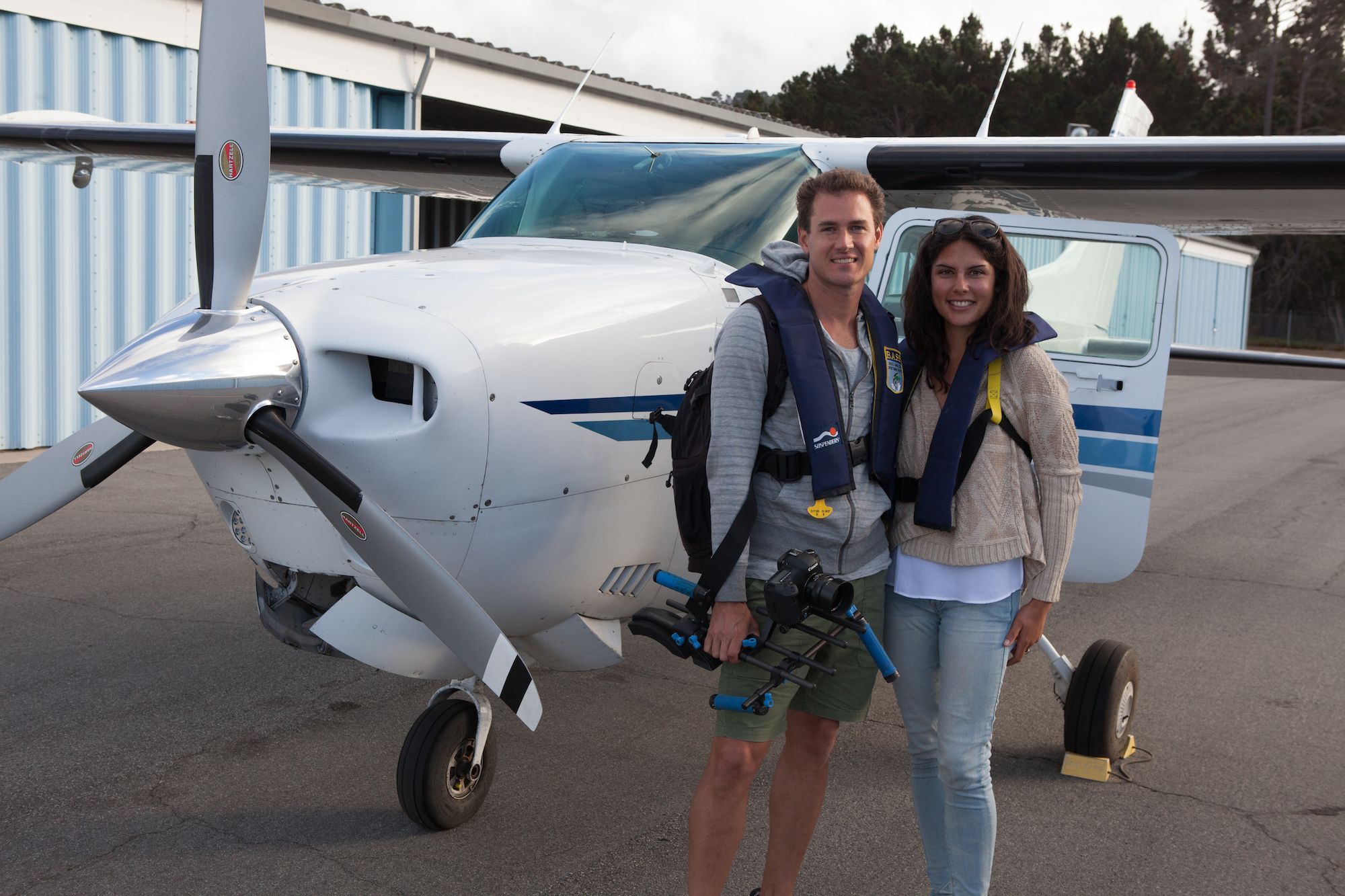
He knows that the sea here is healing from a history of heavy exploitation. It is a place that he and many others have worked very hard to safeguard.
Where did Mike’s unwavering motivation come from? That was the first question we burned to ask in his interview.
His desire to change the world was deeply embedded in his family roots. He had travelled the world with his parents in the 60s and 70s, as his father was employed for the US national parks services to help countries set up protected areas on the land.
Mike grew up to become a park ranger, studied marine science and law and would eventually take on a number of conservation roles to become Vice President of the Monterrey Aquarium, where he would lead their campaign to ban California’s shark fin trade and kick-start a sustainable seafood movement on the West Coast.
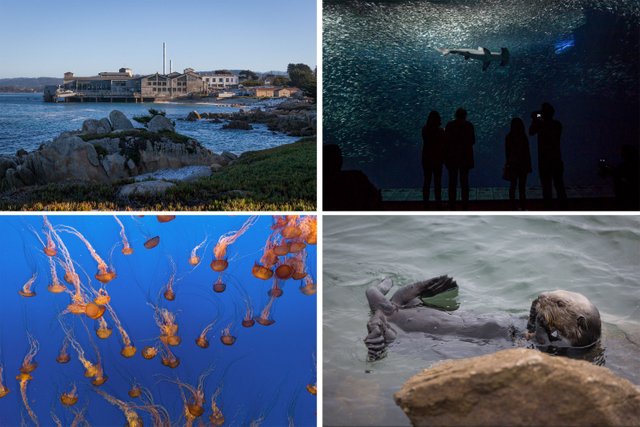
After our first interview with Mike, we knew we had to come back and flesh out his story.
He was one of those people who work quietly behind-the-scenes doing some big things. Publicly, he might not get any credit at all, but to him it doesn’t matter.
It is all about the bigger picture - securing that big conservation win.
Sadly, our time with Mike was limited. We had to get up to Palo Alto for the film festival, so we would have to return at a later date to finish filming Mike's story.
To be continued…
Congratulations, Your Post Has Been Added To The Steemit Worldmap!
Author link: http://steemitworldmap.com?author=bluebottlefilms
Post link: http://steemitworldmap.com?post=013-the-making-of-our-ocean-film-the-map-to-paradise
Want to have your post on the map too?
Hiya, just swinging by to let you know that this post made the Honorable mentions list in today's Travel Digest!
Great! Thanks @steemitworldmap
Congratulations! This post has been upvoted from the communal account, @minnowsupport, by bluebottlefilms from the Minnow Support Project. It's a witness project run by aggroed, ausbitbank, teamsteem, theprophet0, someguy123, neoxian, followbtcnews, and netuoso. The goal is to help Steemit grow by supporting Minnows. Please find us at the Peace, Abundance, and Liberty Network (PALnet) Discord Channel. It's a completely public and open space to all members of the Steemit community who voluntarily choose to be there.
If you would like to delegate to the Minnow Support Project you can do so by clicking on the following links: 50SP, 100SP, 250SP, 500SP, 1000SP, 5000SP.
Be sure to leave at least 50SP undelegated on your account.